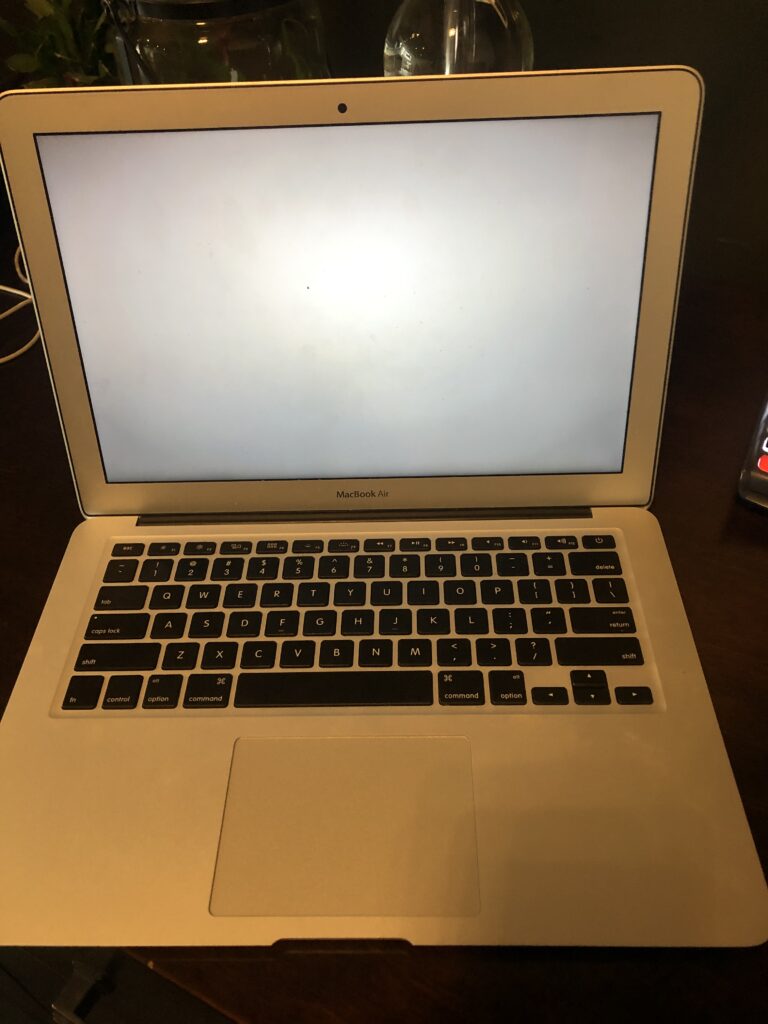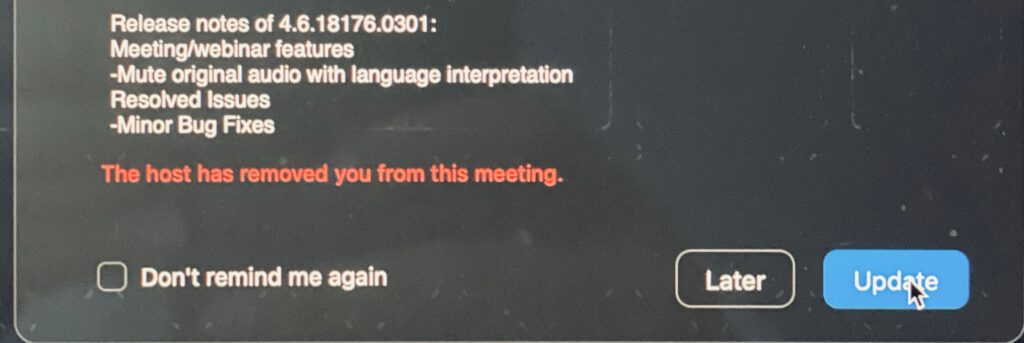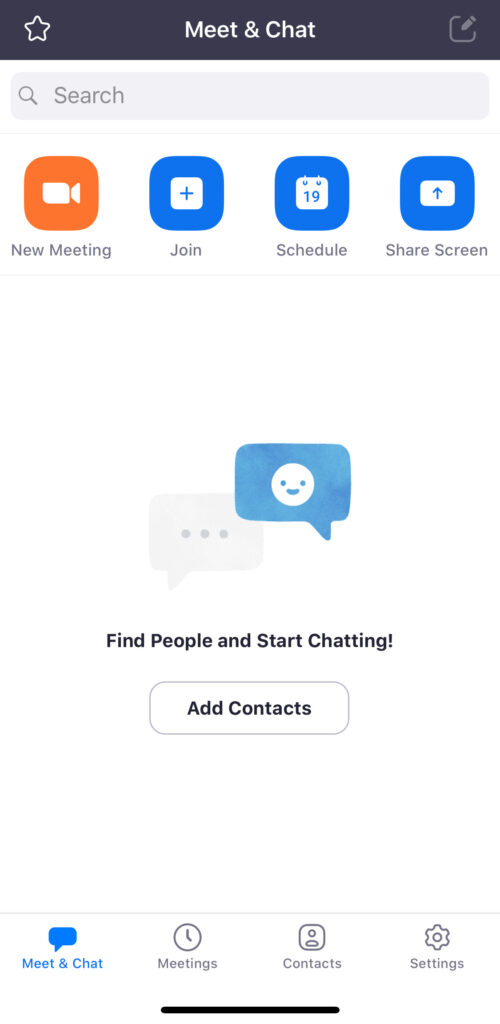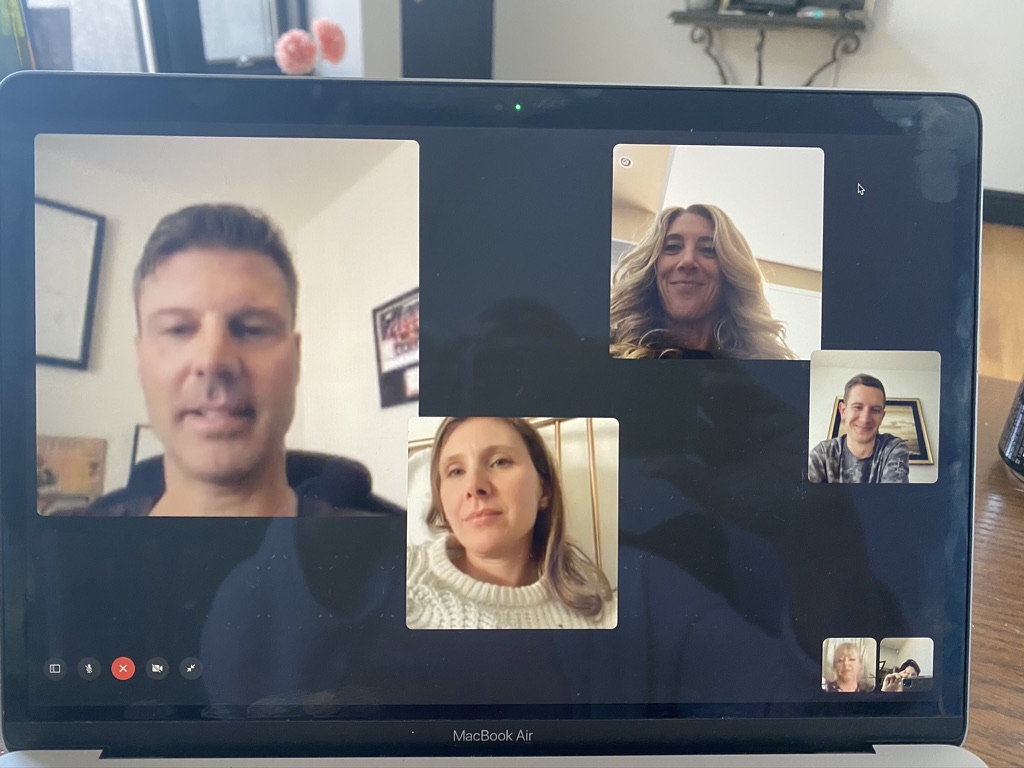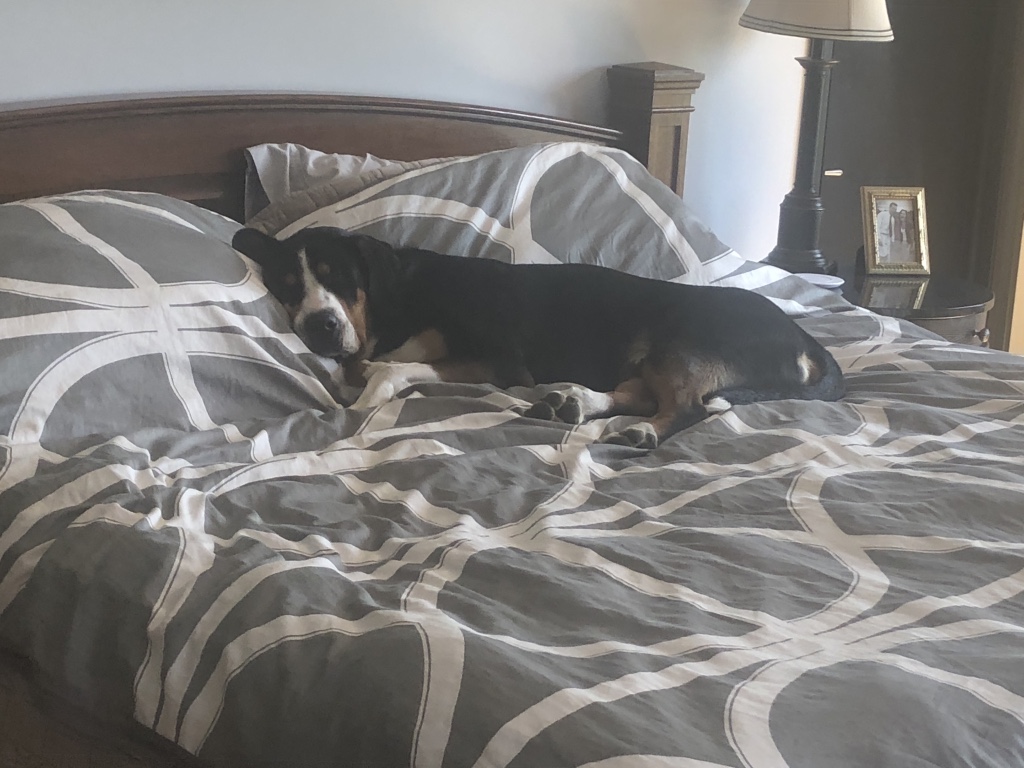Sport stoppages of professional leagues and for our Canadian National athletes who travel the World competing in World Cups, World Championships, and the Olympics are fighting with us against the COIVID-19 Pandemic.
We are all being challenged to act for our society before ourselves as we self-isolate. This blog is focused on the experience of athletes who face “performance or career transition”. The reality for many people in sport, will be that COVID-19 and the disruption in normal life will end their career competing at the professional or elite levels.

Retirement from sport can be a positive for some athletes who feel deep satisfaction and gratitude for achieving their dream goals. These individuals are mentally, emotionally, and financially ready to retire and gracefully transition into their plan B with the next phase of their career. For example, the NHL hockey player who retires and embraces the earned opportunity to give all his time and energy to family that made sacrifices sharing their husband and father with the sport/team as they passionately pursued their craft to be their best. After a few years of giving back to the family, he then walks into a management, scouting, or coaching position that was lined up when he is ready to return to sport.
Now think of many athletes who unfortunately perform there way out of sport and competition has caught up and surpassed them. Or the athletes who have been “hanging on” and past their prime. Finally, think of the athletes who has struggled with the terrifying decision to retire because he or she feels they have nothing to fall back on or question their ability to do anything other than be an athlete.
Facilitating performance TRANSITION is a serious issue and these athletes may experience:
- Multiple stressors and difficulties associated with their involuntary career completion (possibly coming for some due to COVID-19), where there is little realistic potential for reinstituting or preserving their career.
- Athletes face psychological reactions of normative or exceptional grieving like those who experience the death of a loved one. Phases of acute stress, anger, depression, anxiety and possibly PTSD may exist with family and interpersonal issues intensifying the struggle for the athlete to adapt to a life lacking the structure of sport, daily training/competing, and being a part of a Team.
- Many athletes have fiercely competitive egos and when they retire, they become a “normal” person instead of the “famous athlete, role model, or being that talent that is admired by fans and flashed all over our TVs, the Internet, and media outlets.”
I played hockey my entire life through the Junior levels, a varsity career with the University of Lethbridge Pronghorns, and then minor pro down in Texas in the Western Professional Hockey League (WPHL).
I will share my brief story of “career transition”.
My University coach told me I could go play pro in Europe or in the States, however I was planning to just settle down and move back to B.C. where my family lives and find a job in Human Resources. Shortly after graduating with a B.A. in Psychology (with Distinction 😉), my plan changed as my long-term girlfriend and I broke up. When I returned home, I was influenced by all my buddies as they questioned me, “why would you not go play professional and get paid to play the game you love? What’s wrong with you?!”
So, I tested the waters and ended up accepting a contract in Fort Worth, Texas. Hockey, golf, and the single life…… why not.
Well, that’s what I thought anyways. However, I knew in my gut, that it was the wrong decision. To be honest with you, I knew then that I was forcing myself to continue in hockey when my heart was not committed to be my best or further my hockey career. I didn’t really believe I would make the NHL and I was going down there avoiding the real world.
Yes, I started well scoring goals in pre-season and easily impressing the coach, but then the anxiety of being in the wrong place and faking my passion for the game started catching up to me.
Playing in front of fans (and cheerleaders – yes there were cheerleaders in Texas at a Hockey game), and riding the bus from New Mexico on through Oklahoma, Arkansas, Mississippi, Tennessee, Alabama, Louisiana, and along the Gulf of Mexico was a great experience. Some of the parties with the guys were a lot of fun, going out to clubs, free golf, hanging out with small time celebrities, etc. The many stories like the security sneaking us into watch the Dixie Chicks performing in our barn, getting free meals at Hooters, etc. etc. was all great. But I was living inauthentically. I had a university degree, was 25 or 26 years old, and feeling like I was drinking beer, chewing Copenhagen, and chasing girls like I did when I was 16-19 years old in Junior hockey.
Finally, that morning came. After not sleeping the night before (even with a few beers), I laid in bed as my roommate Benny knocked on my door chirping me and saying, “let’s go, we’ll be late for practice.”
“I’m not going, go without me.” I said.
Benny and I both knew what that meant. Unless, you’re a franchise player or your coach is a pushover, you don’t just not show up to practice. You think you’re bigger than the Team and you just do what you want……. Means contract ripped up and you are replaced by another guy waiting to get paid to play the game.
By the time my hangover eased, and I knew the boys were off the ice, I headed to the rink and walked into the coach’s office. I looked him in the eye and simply said, “Coach, I’m not respecting you or the Team by being here.” I believe he appreciated me for telling him straight as the Team finished paying out my contract for a few months and paid for my flight home. That was the end of my career.
What transpired over the next 6 months was suffering my own “career transition issues”.
20 years ago, as a 26-year-old guy who played hockey, seeing a psychologist wasn’t a thought that even crossed my mind. But this is what I remember experiencing:
- I went back to Lethbridge waiting for my fiancé to finish her degree. I had money saved from hockey and I spent a few months working as a social worker, drinking beer with my university buddies, and avoiding the rink at all costs. It hurt to watch hockey on tv, let alone go watch it live.
- I dreamt about Texas and playing hockey every single night for 6 months. Every morning waking up and feeling just a little bitter.
I went to Texas for the wrong reasons and I finished my hockey career in way that robbed me of any self-respect or pride. So I let it go…….. but when would I feel like myself again and pursue something with purpose and meaning?
It’s called emergent decision making. In my 2nd year of my B.A., I saw a career counsellor for 50 minutes as I didn’t know what Major I should declare. I walked out of her office pissed off, thinking that was a total waste of time. However, as it turned out, everything we talked about ended up happening for the rest of my career. We talked about being a Sport Psychologist since I loved psychology and I loved sport. At the time though, my Identity was so wrapped up as a “hockey player” that I couldn’t even imagine myself being a psychologist. I mean, I swore in the dressing room and drank beers in the pub with the guys! How could I walk the straight and narrow and be a Psychologist?!?!?
In summary, after a period of grief and suffering, I began achieving my dream as I channeled all my focus, energy, passion, and commitment to finish grad school the best and fastest possible. My research was focused on Junior Hockey in Alberta titled, “Partnerships in Performance: Effective Referral and Collaboration Between Hockey Coaches and Psychologists.” The opportunity to do applied work through the last 4 winter Olympics representing Canada working with coaches, athletes, and support staff was a ridiculous amount of work and sacrifice…..but I lived my dream.
If anyone is going through career transition with feelings of loss, grief, depression, and uncertainty, we are here at The Practice Calgary and ready to support you.
Sincerely,
Derek
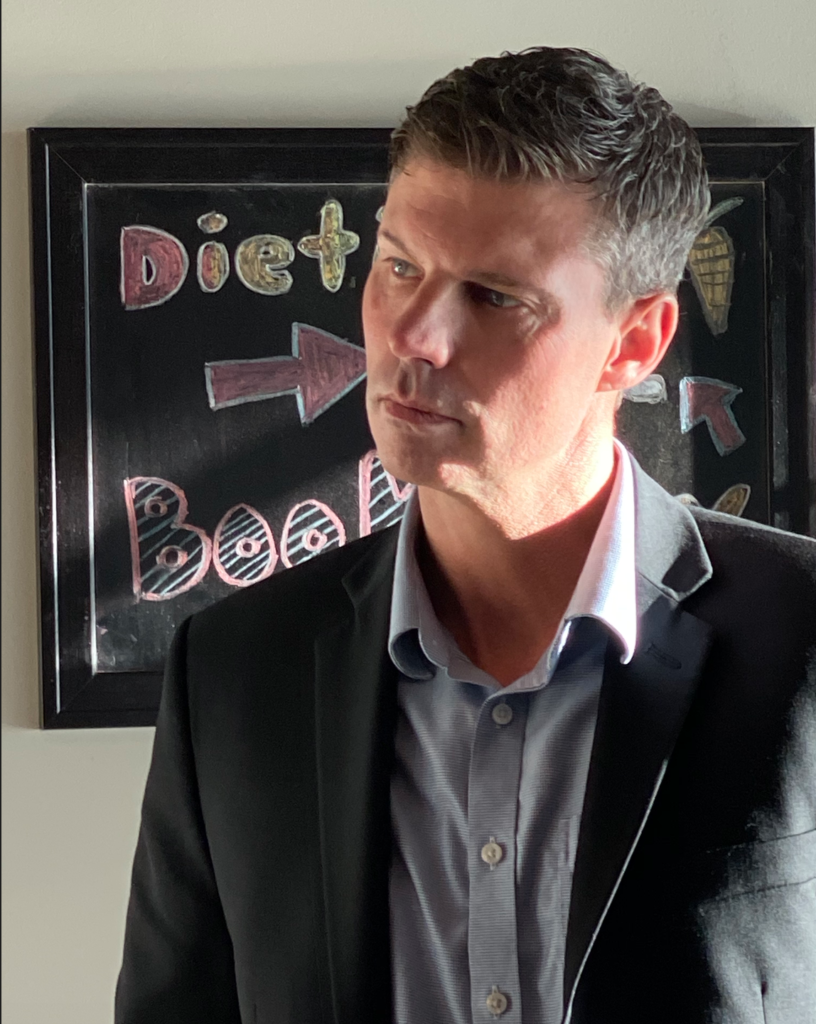
Derek Robinson has been a Registered Psychologist since 2005 and has worked in the field of human performance and had the privilege to work alongside some of the best leaders, coaches, teams, athletes, medical and support staff in the world. Derek has attended the last 4 Olympic Winter Games as part of the Canadian Olympic Team and worked with a variety of sports.

